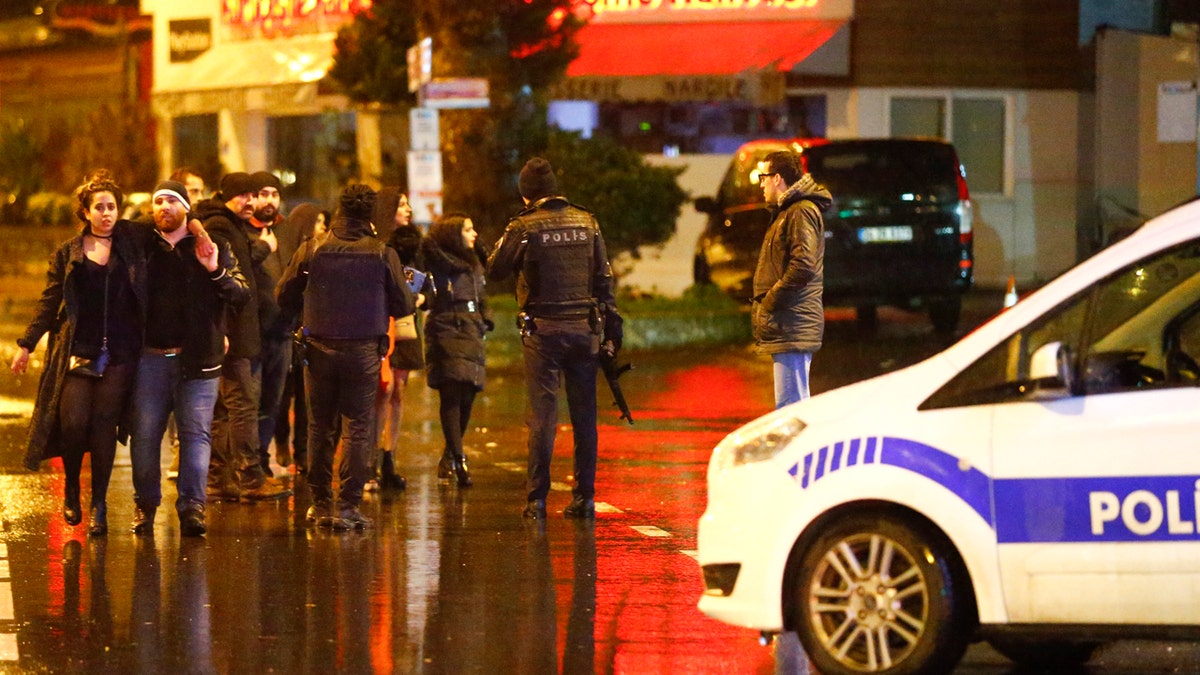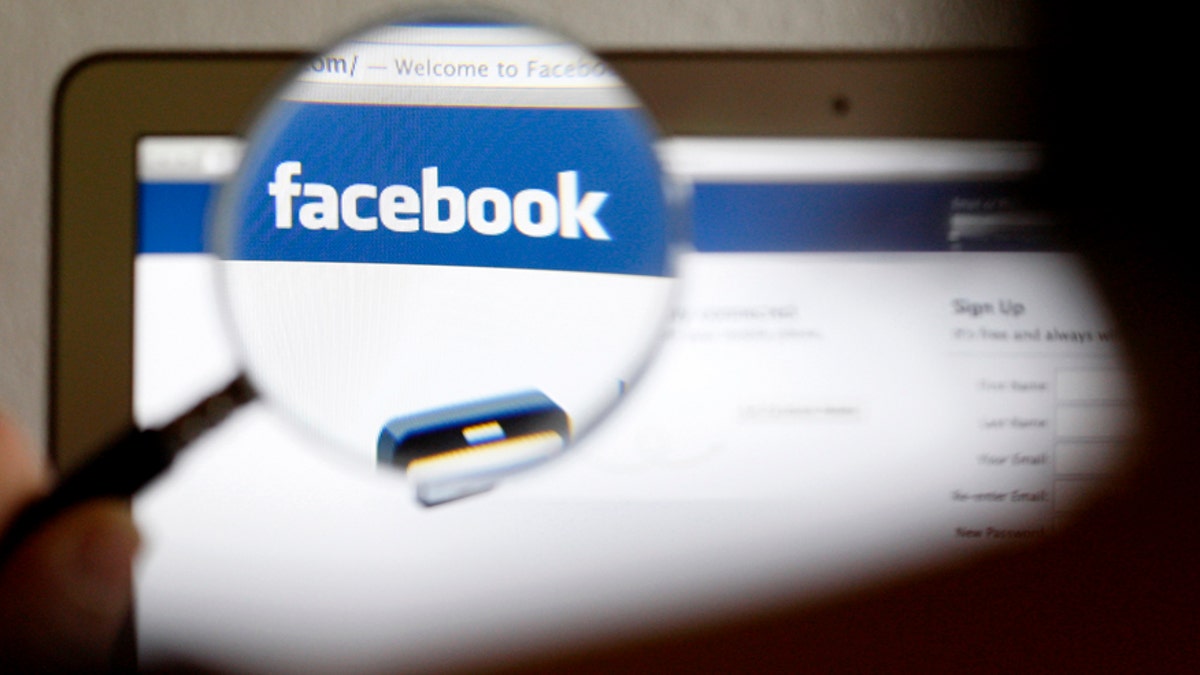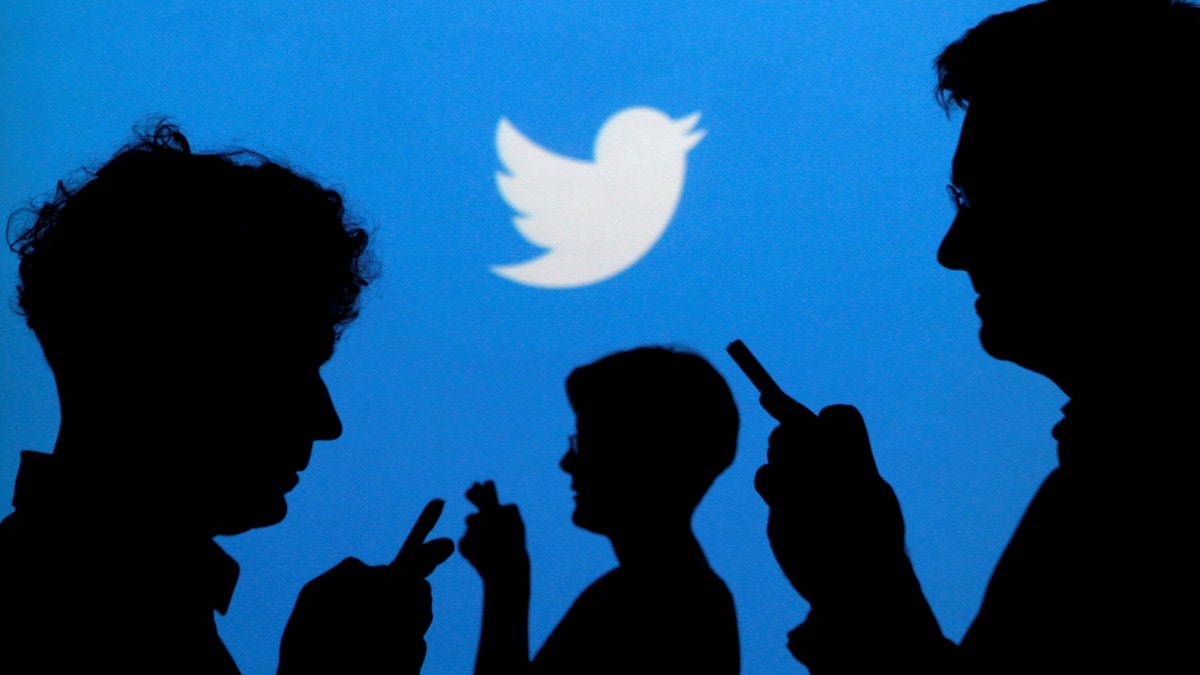A lawsuit filed Thursday in a California federal court blames Google, Facebook and Twitter for helping cause the New Year's Eve terror attack by ISIS at an Istanbul nightclub that left 39 dead.
The suit filed in the Northern District of California is on behalf of family members of a Jordanian citizen killed in the attack who currently live in Arizona, and mirrors similar suits filed by the same law firm in cases involving terror attacks in Orlando, Fla. and San Bernardino, Calif.
The plaintiffs say the social media giants failed to adequately scrub their online properties of messages from ISIS meant to inspire the terror attacks.

Police secure area near an Istanbul nightclub, Turkey, January 1, 2017. REUTERS/Osman Orsal - RTX2X3HP
“For years, Defendants have knowingly and recklessly provided the terrorist group ISIS with accounts to use its social networks as a tool for spreading extremist propaganda, raising funds, and attracting new recruits,” reads the complaint, filed by attorney Keith Altman.
“Without Defendants Twitter, Facebook, and Google (YouTube), the explosive growth of ISIS over the last few years into the most feared terrorist group in the world would not have been possible,” the suit alleges.

In this photo illustration, a Facebook logo on a computer screen is seen through a magnifying glass. (REUTERS/Thomas Hodel)
The attorney represents family members of Nawras Alassaf, a Jordanian citizen who was among those killed when a a gunman opened fire with an automatic rifle on a policeman and another man outside the Reina club in the early hours of 2017 before entering and firing at about 600 revelers partying inside.
The family members members in the suit say they recieved direct financial support from Alassaf.
The suit alleges wrongful death, aiding and abetting terror and providing material support to terrorists, among other charges.

People holding mobile phones are silhouetted against a backdrop projected with the Twitter logo. (REUTERS/Kacper Pempel)
"Despite this knowledge, defendants have for years knowingly provided its services to ISIS, its members, organizations owned or controlled by ISIS, and organizations and individuals that provide financing and material support to ISIS, including individuals and organizations that are designated as and SDGTs [Specially Designated Global Terrorist]," the suit alleges.
At the heart of the lawsuit – and similar ones filed by the same firm representing families of victims of the San Bernardino terror attack, Orlando nightclub masscare and the assassination of five cops in Dallas – is the interpretation of a provision tucked deep inside the Communications Decency Act (CDA) of 1996 called Section 230.
The language of Section 230 states that “No provider or user of an interactive computer service shall be treated as the publisher or speaker of any information provided by another information content provider." In layman’s terms, this basically means that sites like Facebook or YouTube are not liable for what their users post on their sites.
Section 230 of the CDA has protected social media sites in the past, but some lawyers and social media experts have begun to argue sites like Facebook may be violating the provision with their heavily-guarded algorithms. Despite these algorithms having come under fire before – from how Facebook curated its Trending Topics to accusations that YouTube was censoring people – these recent lawsuits allege something much more nefarious behind one of the tech world’s most secretive processes.
Representatives from Facebook and Google did not immediately reply to Fox News’ request for comment. A representative for Twitter told Fox News the company will not comment on the lawsuit.

